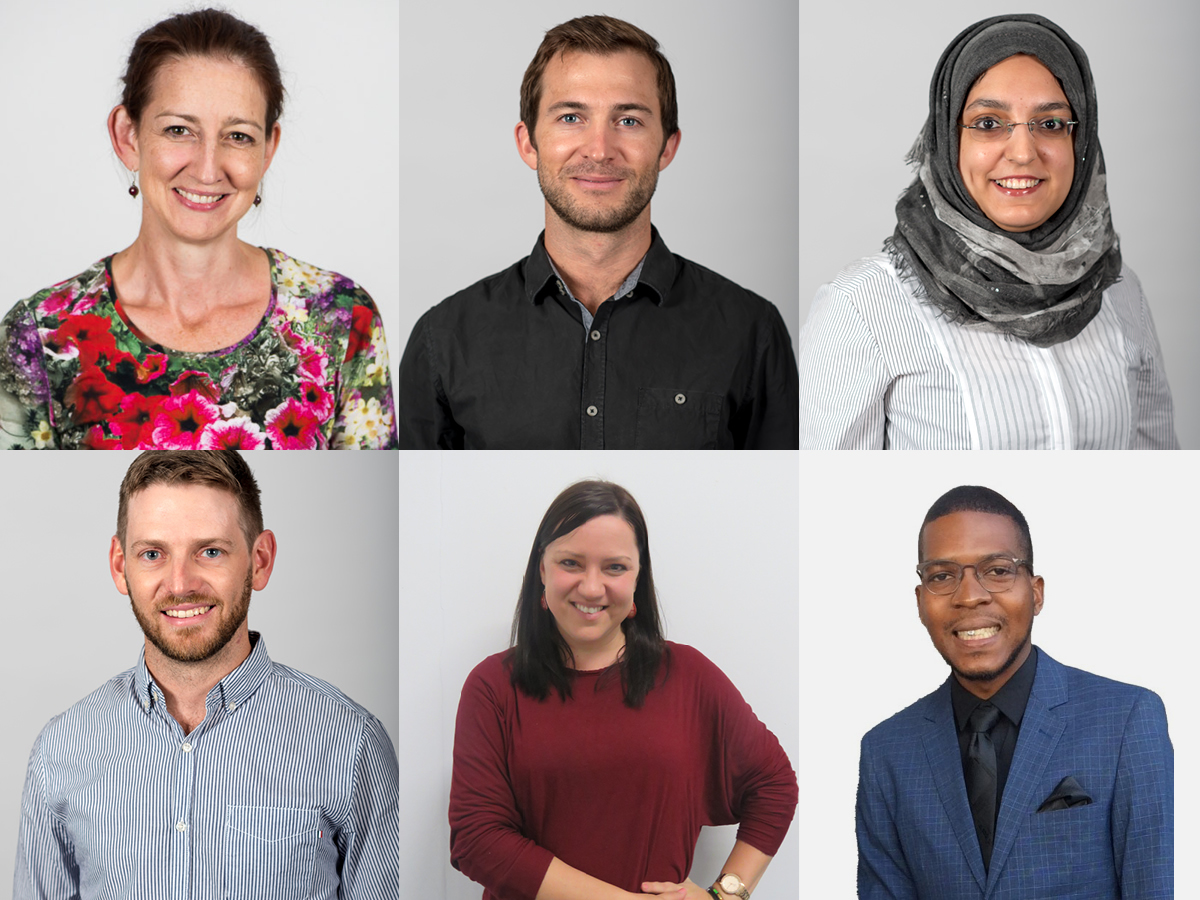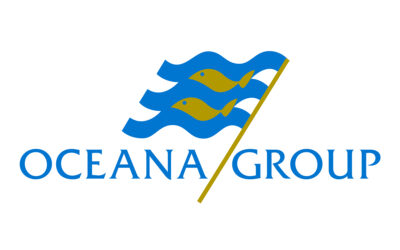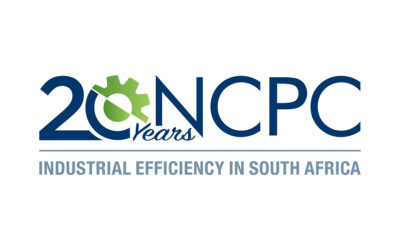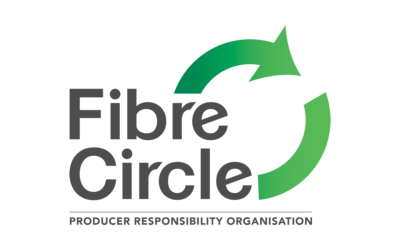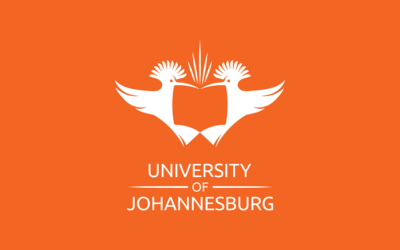“The South African Plastics Pact is a collaborative initiative bringing together the South African plastics value chain — businesses, government, nongovernmental organisations and other groups — to tackle plastic waste and pollution at its source while driving a circular economy.
Plastics are versatile, low-cost and enable many aspects of our lifestyle, but the negative effects of plastic pose a threat to the environment because of irresponsible consumption and pollution; incineration of plastic waste contributes to increasing carbon dioxide emissions each year. For the Pact, circularity — keeping products and materials in use and regenerating natural systems — is key. It helps to preserve valuable environmental resources and heritage while creating desperately needed employment opportunities.
The Pact has an ambitious, sustainability-driven plan to achieve by 2025: through redesign, innovation and alternative delivery models, they aim for 100% of plastic packaging to be reusable, recyclable or compostable.
SA Plastics Pact is in dialogue with its competitors to identify synergies and partnerships. It has been successful in driving industry-led innovation that encourages new business models, breaks barriers, and moves towards a circular economy for plastic with improved economic, environmental and societal outcomes.
Image: From top left: Kirsten Barnes, Oliver Bonstein, Nicholas Fordyce
From bottom left: Taahirah Ghoor, Cilnette Pienaar, Thula Zondi”
“We’re currently the only African nation to have a Plastics Pact, and the SA Plastics Pact has the potential to lead the way for the rest of the continent.”
